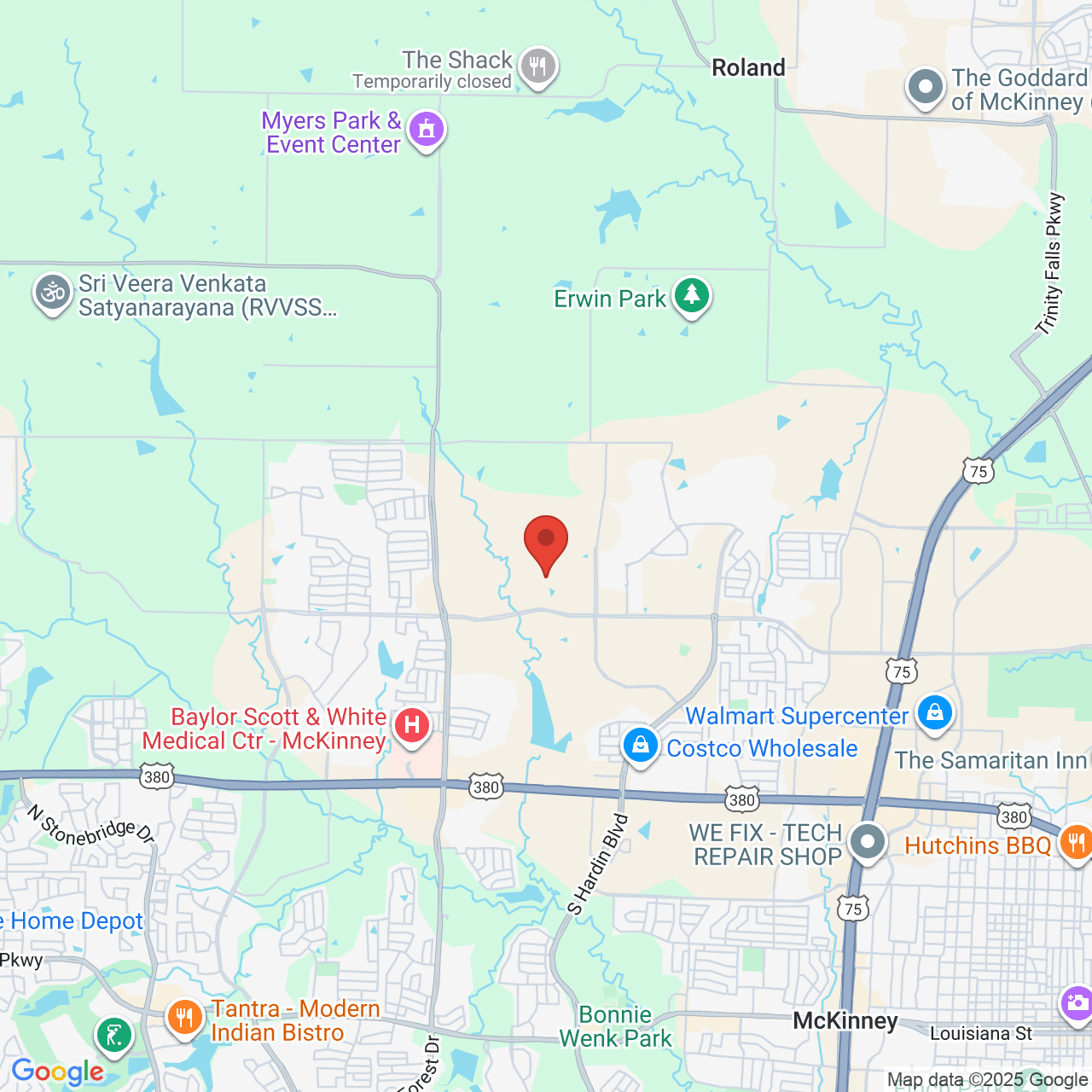Can Employers Discriminate against Smokers in Texas?
According to recent statistics, nearly 20 percent of adults in the state of Texas smoke tobacco. But unlike people of specific religions or races, smokers are not protected under federal law from workplace discrimination. For the most part, employers are given free reign over tobacco smoking policies.
Federal law allows employers to prohibit smoking in the workplace, anywhere on the premises, including outside of buildings, in parking lots or even in the employee’s vehicle if it is on the employer’s property. Federal law also allows employers to prohibit “smoking residuals,” meaning the employee cannot come to work smelling like tobacco. And because smokers are not a protected class, employers can actually refuse to hire smokers.
State laws differ drastically regarding the issue. There are 29 states as well as the District of Columbia where employers are prohibited from discrimination against smokers; Texas is not one of them.
Can Smoking Be Considered a Disability Under the ADA?
The short answer is no; smoking is not considered a disability under the ADA or the Texas Commission on Human Rights Act. There are limited circumstances in which this changes; for example, addiction to alcohol or drugs can, in some cases, be regarded as a disability under the ADA. If a person’s addiction is so substantial that it impairs major life activities such as work, then an argument could be made that the law must cover the nicotine addict. In this case, the employer would be forced to provide reasonable accommodation to the smoker.
This does not necessarily mean the employer must allow the employee to smoke. Employers have successfully argued that smoke breaks are unreasonable accommodation, since they can cause loss of productivity. Alternative methods such as smokeless tobacco or nicotine gum could fulfill the employer’s obligation for reasonable accommodation.
Atkerson Law – Dallas Employment Law Attorney



